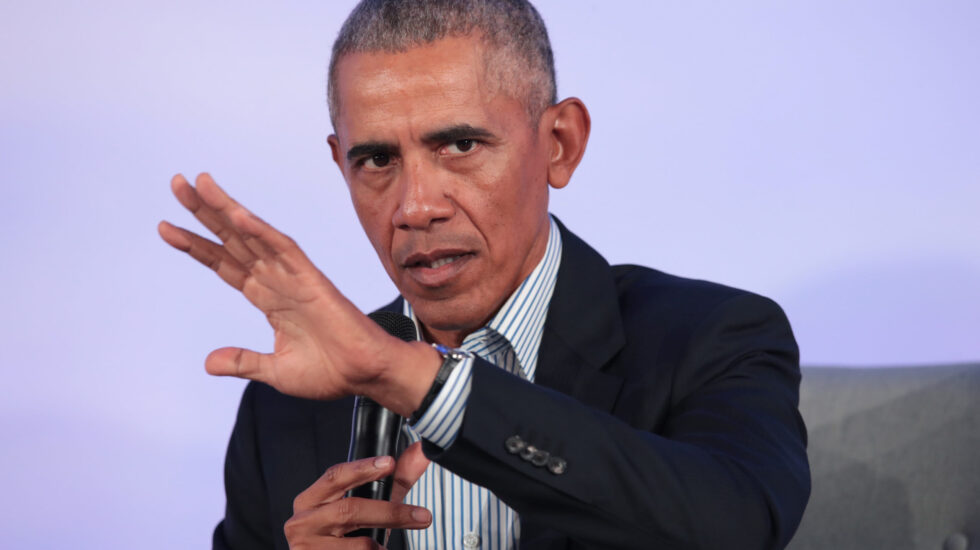Barack Obama took a characteristically calm but forceful stand on Monday, praising the widespread protests against the racist deaths of George Floyd in Minneapolis and others elsewhere — while denouncing the violence and destruction that has erupted in some U.S. cities.
In these tumultuous times, Obama writes in an essay published by medium.com, the bottom line is this: “if we want to bring about real change, then the choice isn’t between protest and politics. We have to do both.
“We have to mobilize to raise awareness, and we have to organize and cast our ballots to make sure that we elect candidates who will act on reform.”
The former president writes that the nationwide protests “represent a genuine and legitimate frustration over a decades-long failure to reform police practices and the broader criminal justice system in the United States.”
“I recognize that these past few months have been hard and dispiriting — that the fear, sorrow, uncertainty, and hardship of a pandemic have been compounded by tragic reminders that prejudice and inequality still shape so much of American life,” he says.
So peaceful protesters “deserve our respect and support, not condemnation,” he says.
But those who’ve resorted to violence, “whether out of genuine anger or mere opportunism, are putting innocent people at risk” and destroying “neighborhoods that are often already short on services and investment….”
Obama emphasizes that he fully supports American democracy — and that however angry they may be, protesters should, too.
“I’ve heard some suggest that the recurrent problem of racial bias in our criminal justice system proves that only protests and direct action can bring about change, and that voting and participation in electoral politics is a waste of time,” he writes. “I couldn’t disagree more.”
Mass protest and civil disobedience raises public awareness, puts “a spotlight on injustice” and have often been the only way for “marginalized communities” to draw attention to their needs and aspirations, he says.
“But eventually, aspirations have to be translated into specific laws and institutional practices— and in a democracy, that only happens when we elect government officials who are responsive to our demands,” Obama says, noting that local officials are often more important in such circumstances than those at the federal level.
“Finally, the more specific we can make demands for criminal justice and police reform, the harder it will be for elected officials to just offer lip service to the cause and then fall back into business as usual once protests have gone away,” Obama says.
He offered a “starting point” for those who want to make a difference: “a report and toolkit developed by the Leadership Conference on Civil and Human Rights” and “a dedicated site at the Obama Foundation to aggregate and direct you to useful resources and organizations who’ve been fighting the good fight at the local and national levels for years.”
Obama concluded with the hope that “this moment can be a real turning point in our nation’s long journey to live up to our highest ideals.”
And he added a directive: “Let’s get to work.”



